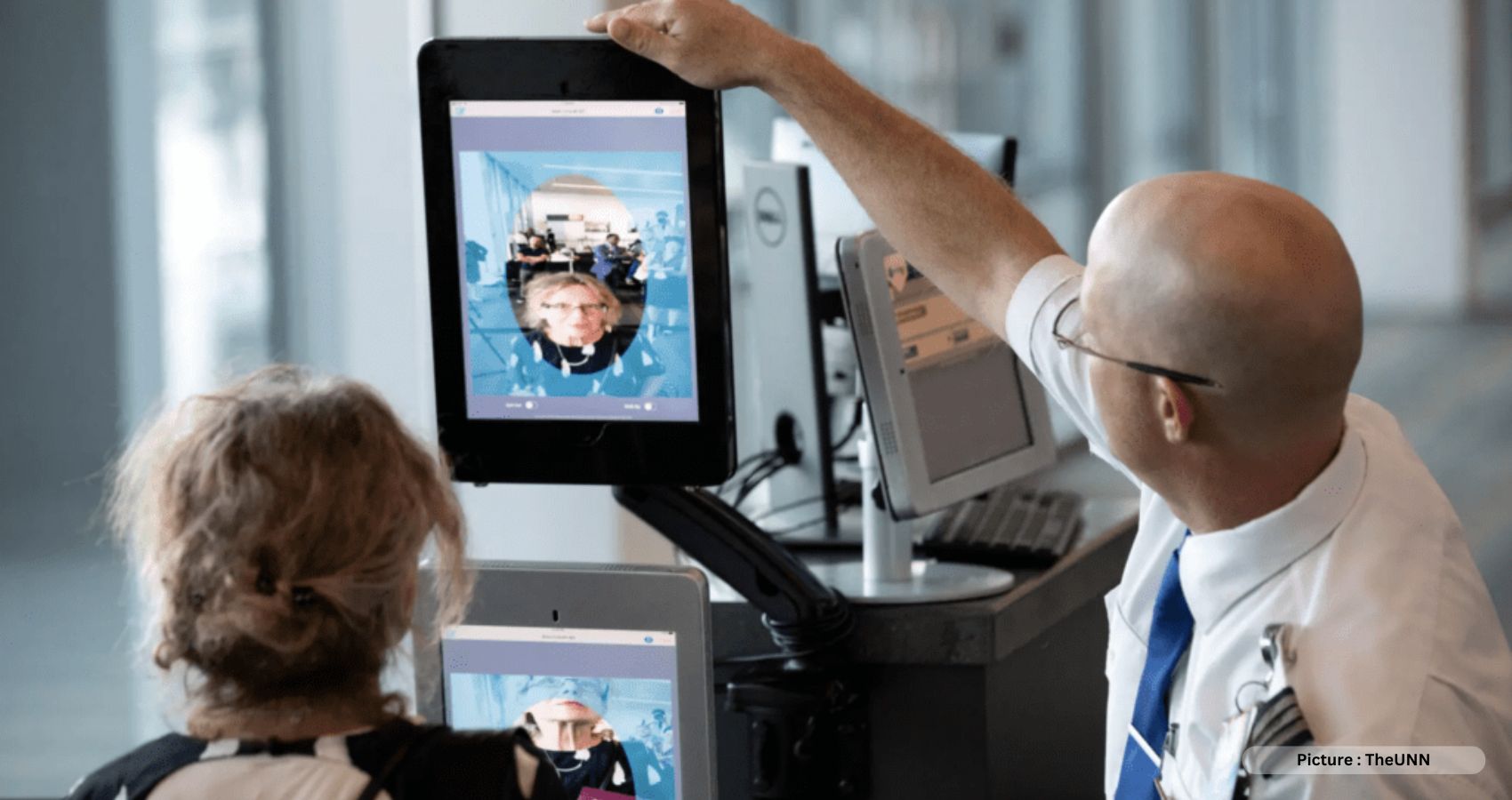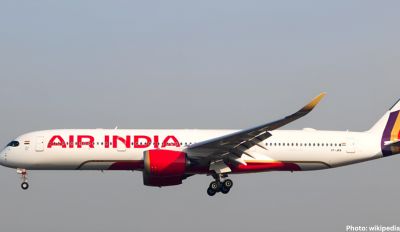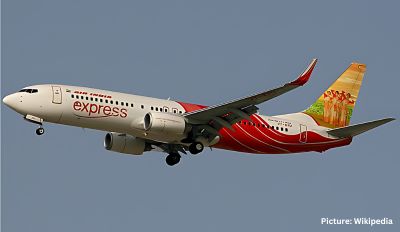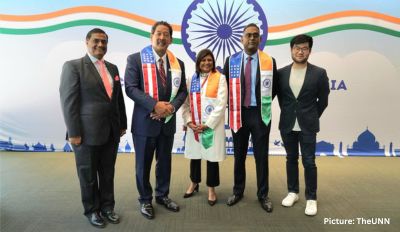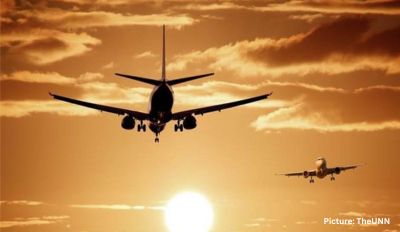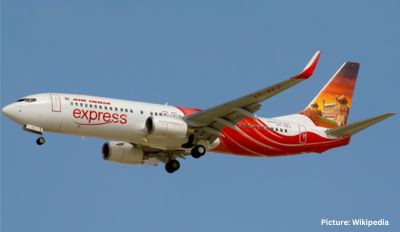The Transportation Security Administration (TSA) has introduced new facial recognition technology at Baltimore-Washington International Airport to aid its credential authentication technology (CAT) in detecting fraudulent IDs and passports. The new system uses pictures of travellers’ faces to verify their credentials automatically, providing greater efficiency for passengers and security personnel. The TSA has invested $128m in rolling out the first batch of CAT machines equipped with facial recognition technology to 16 airports across the US. “This technology is valuable because it enhances detection capabilities for identifying fraudulent IDs such as driver’s licenses and passports”, said Christopher Murgia, federal security director for Maryland.
The system is set to transform airport security, improving safety and increasing the ease of passenger travel. The facial recognition technology linked with CAT scanners has garnered some concern, however. The government has previously cited privacy concerns as a reason for not requiring airlines to adopt the same technology. Facial recognition can be used to gain access to people’s smartphones, and some fear that hackers could use it to access security checks, which could be a potential risk as airports adopt this technology.
Despite these concerns, the TSA has said that photographs from facial scans are only used for comparison with the travellers’ picture IDs and no other purpose. The machines can also read a range of other IDs, including permanent resident cards, visas, military common access cards, and Global Entry cards.
The first generation of CAT scanners was implemented at US airports in 2018, which eliminated the need for passengers to scan boarding passes at the podium pre-security. “The second generation of CAT machines, which include facial recognition scans, are being deployed in many US airports,” said Murgia.
Facial recognition technology has been on the rise globally and is being implemented in several industries. Experts view it as a valuable tool that could help reduce fraud compared to card-based and token-based systems. However, critics have voiced their concerns about privacy and security implications.
In addition to security benefits, there is a growing consensus that facial recognition technology will kick-start a new era of technological development, increasing efficiency and optimisation in several industries. Banks, hospitals, and schools around the world are all exploring the benefits and applications of facial recognition technology.
As for airport security, the TSA has confirmed that the deployment of CAT scanners with facial recognition technology will help increase the accuracy of screening, while also speeding up the process of security checks. “The TSA intends to deploy these biometrics technologies in a way that supports both security and privacy,” said TSA Administrator David Pekoske.
As the number of US airports with new machines expands, it is expected that facial recognition technology will fast become the norm across the industry. It remains to be seen whether similar systems will be introduced elsewhere in the world, but it is certainly a trend that is set to gather momentum.

